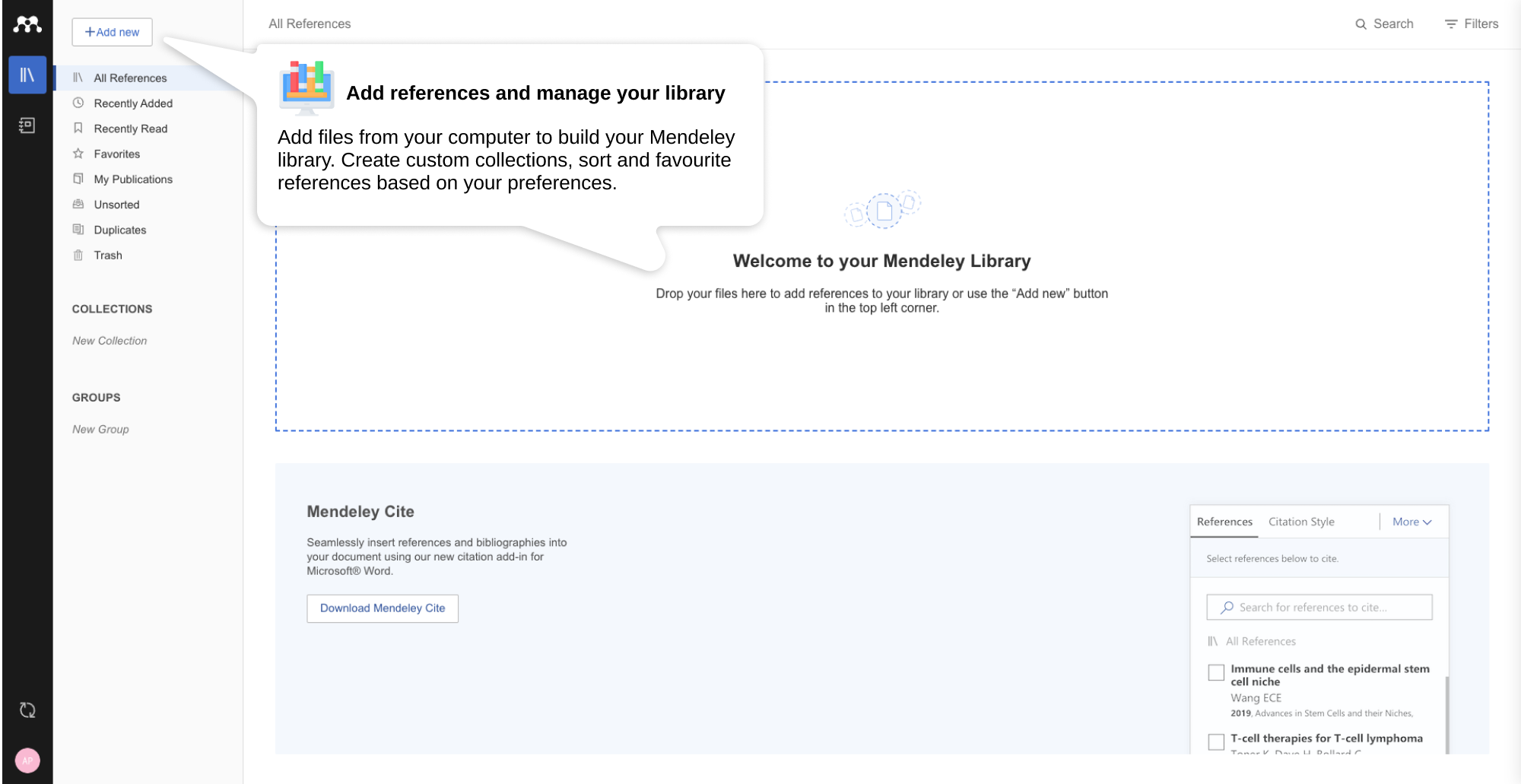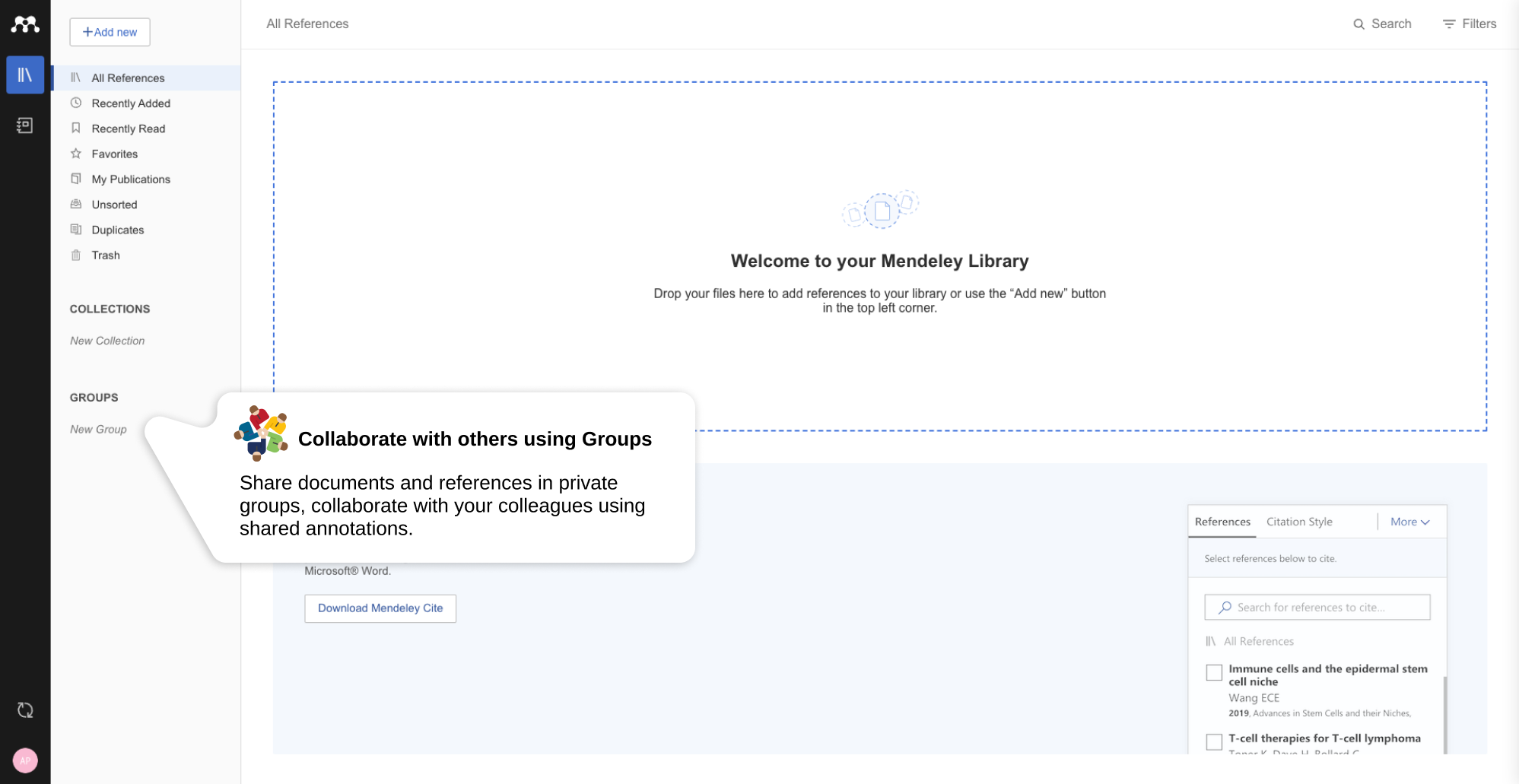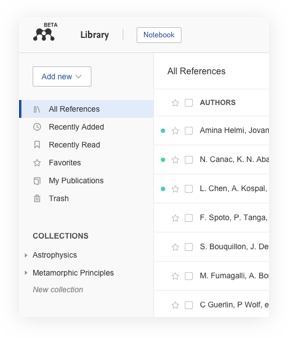
By: Gabriel Hughes, VP Web Analytics at Elsevier
Images © Chris Williamson, courtesy of the Cambridge Union Society
Should we have the right to require websites to ‘forget’ or ‘delete’ stories and posts about us which we find embarrassing or just don’t want other people to see? Should people be able to force search engines to remove links to information like that? Do individuals need more legal powers to control their personal data online?
As a growing technology company based in London, Mendeley finds itself drawn into many of the great debates facing the technology sector in Europe today, and we take this responsibility very seriously.

This October, we were proud to sponsor the prestigious Cambridge Union Society as it debated the ‘The Right To Be Forgotten’, a contentious issue following recent legal developments in Europe.
Under a ruling made in May, in a case brought against Google, European citizens may now demand that search engines remove links to online public information about them. This is the current legal interpretation of the ‘right to be forgotten’, a concept which has been debated for some years and is outlined in the EU’s Data Protection Directive drafted back in the 1990s. This ethical and legal issue is still evolving and whatever finally emerges is likely to have far reaching implications for the internet for many decades to come.
I entered the debate from my personal position, one that is also informed by my experience working at Google, which is of course the company most significantly affected by this new ruling. My fellow teammates in opposition were the MP for Cambridge Julian Huppert, Mariam Cook, CEO of Position Dial, and Alistair McCapra, CEO of Chartered Institute of Public Relations. The side in proposition of the motion was led by David Smith, Deputy Commissioner at the Information Commissioner’s Office, and also included Jon Crowcroft, Professor of Communications Systems at Cambridge, Gavin Phillipson, Chair of Law at Durham University and also Emma Carr, Director of Big Brother Watch. Each of these expert speakers brought considerable depth of knowledge and unique perspectives to this complex issue.

My argument in opposition was based not on a disagreement with the right to privacy or control over one’s personal information, quite the contrary. It focused on the deep flaws in the recent European court ruling, which targeted search engines and technology companies, who are not responsible for what publishers and individuals post online. A perverse outcome of the ruling is that in asking Google to delete a link to something you do not like, they are put in a position where they alone have to judge whether it is in fact right for them to do so, leaving the publisher under no obligation to delete the offending post itself. The information remains online, and search engines are forced into a censorship role which few can defend.
In my opinion, search engines are just a part of the navigational infrastructure that enables the internet to function, together with social networks, wiki pages, feeds and the hypertext link itself, and this ‘right to be forgotten’ ruling confuses navigational linking technology with the content that it points to. Nobody seems to think it is a good idea to force Google into this new Big Brother role where it now tries to arbitrate what websites can share online, and this new right turns the neutral and automated role of a search engine on its head.
The opposing team also pointed out that many of the worst cases where private or embarrassing information has been posted online are already covered under data protection, harassment and privacy laws. New laws have a habit of creating unintended consequences that could lead us down a dark path of censorship and excessive regulation, they warned.

In the end, this team opposing the right to be forgotten won the debate. Before entering the debate chamber 40 per cent of the audience indicated they supported the motion ‘this house supports the right to be forgotten’, but after hearing the debate, the balance of the vote had shifted against, with the ‘nay’ side winning by 35 per cent to 30.
Yet the debate highlighted the complexity of the issue and this was reflected in how close the vote ended and in how many felt compelled to abstain. Indeed, one audience member spoke up ask whether the debate was about the principle of the Right To Be Forgotten, or the actual right in law now defined by the Court of Justice of the European Union. Some of those arguing in support of the proposition did not seem to think search engines should be targeted and distanced their arguments from the court ruling. Likewise, those speaking against the motion acknowledged the real concerns of many people about how their data is used online.
It seems a balance has to be struck between opposing demands. An absolute right to be forgotten, allowing everyone complete control over what information about them should be published online, makes no sense. There are too many politicians who have over-claimed expenses, doctors who have been sued for malpractice, and bankers who have been convicted of fraud. If there are to be more legal powers to control what information about you is out there, then everyone accepts there have to be counter-balancing limitations in defence of freedom of speech and freedom to know.

At the same time, we all have to recognise that our society is going through a period of enormous change, whereby more data than ever is collected about our day-to-day life. We are moving too close to the point where almost every waking moment of our lives is recorded online, and can potentially be shared or made public. The volumes of data about us that are being collected and stored are truly immense and unprecedented in our history.
Given this, the truth is that our society does need to evolve new mechanisms, both technical and maybe even legal, to ensure that individuals are empowered to better manage their privacy and identity online. The challenge will be doing this in such a way that we do not introduce censorship, and an Internet plagued by legal disputes over what should or should not be online. Reflecting on the debate, it looks very much like we do need new solutions, but perhaps just not this one.

As Jan Reichelt, President and Co-founder of Mendeley, made clear in his introduction, we have a firm ethical policy to preserve data protection and privacy for our users. We also believe in the power of technology innovation to solve the very toughest problems, often powered by data that our researchers and the scientific community creates. We will continue to support the great debate about to balance these interests, so we can support both freedom of speech and the right to privacy.
Interested to contribute to the debate ? Tweet us at @Mendeley_com or @gabehughes #RTBF























